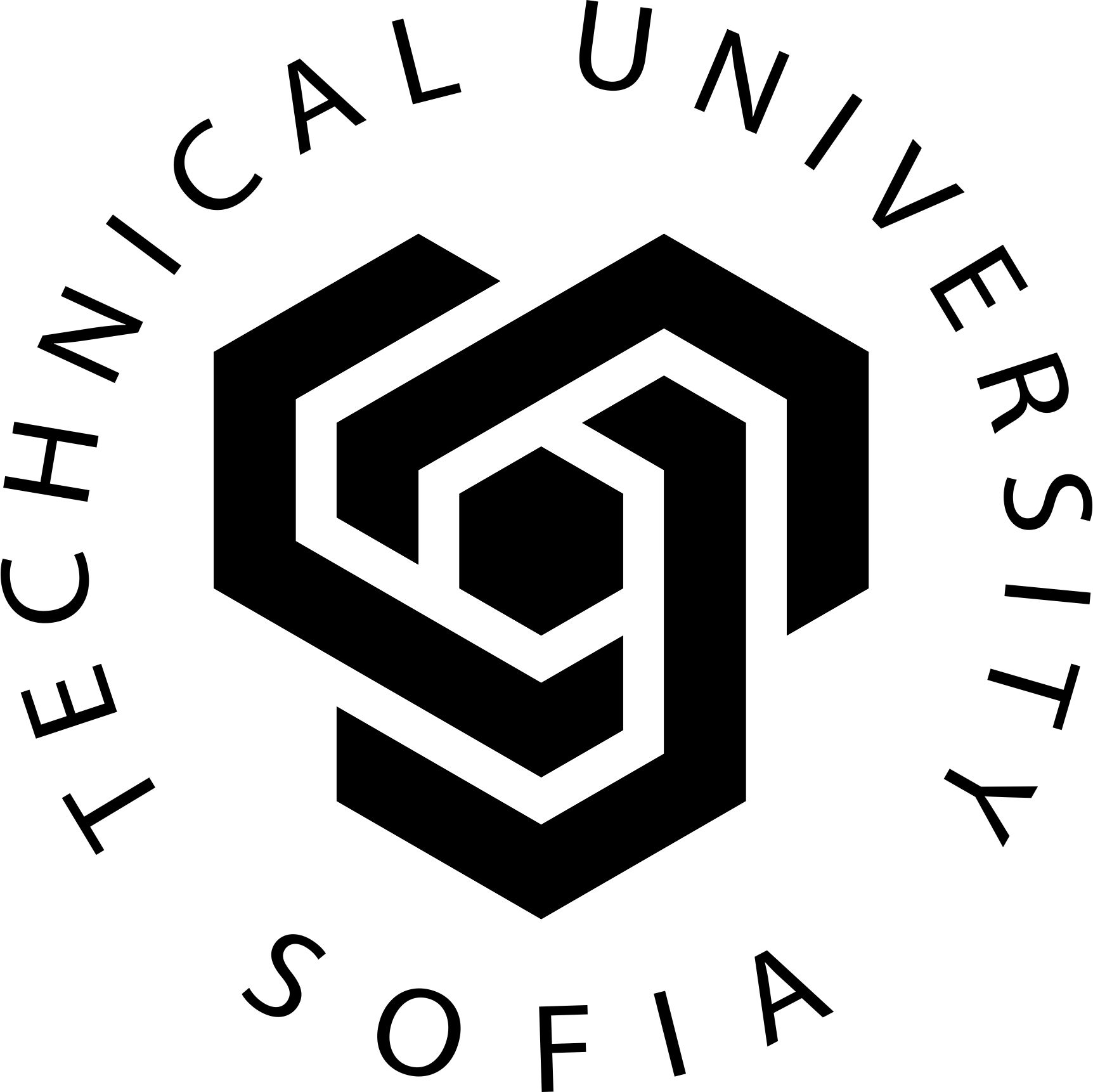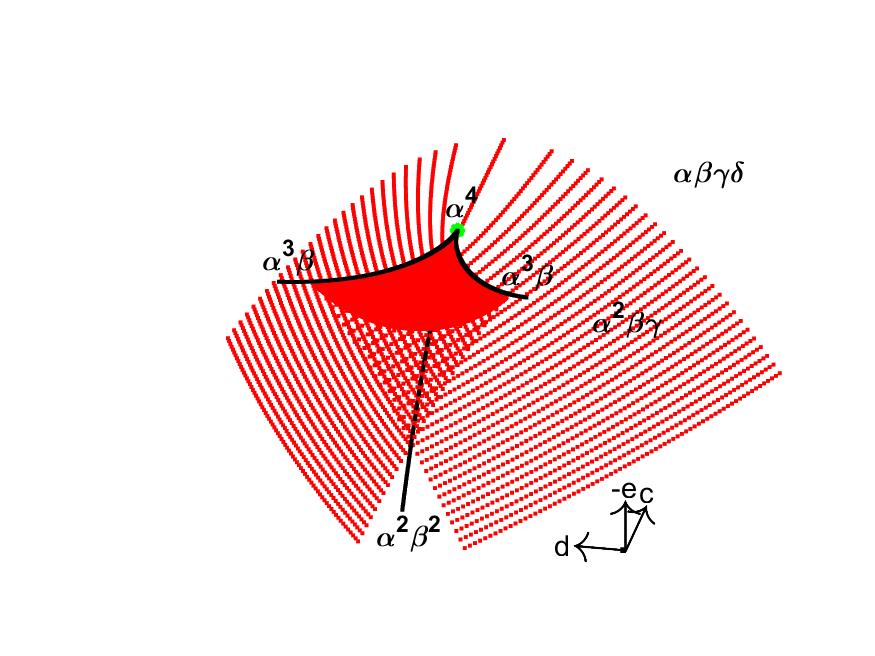 | 2023 INTERNATIONAL CONFERENCE AUTOMATICS, ROBOTICS & ARTIFICIAL INTELLIGENCE (ICARAI)16 - 19 June 2023 |  |
|---|
HOME
Registration
Login
Accompanying events
Author's kit and instructions
Plenary speakers
Conference fee
Instructions for presentations
Deadlines
Commitees
Program
Instructions for reviewers
Venue
Abstracts
Papers
Contacts
Gallery
Downloads
Indexing
Videos
Past events
Prof. Petko Petkov - Technical University of Sofia

Petko Petkov received M.S. and Ph.D. degrees in control engineering from the Technical University of Sofia in 1971 and 1979. Since 1995, he has been a Professor of Control Theory in the Department of Systems and Control at the Technical University of Sofia. He is coauthoring more than 160 scientific papers as well as the books Computational Methods for Linear Control Systems (Prentice Hall, Hemel Hempstead, U.K., 1991), Perturbation Theory for Matrix Equations (North-Holland, Amsterdam, 2003), Robust Control Design with MATLAB (Springer, London, 2005, 2013), Design of Ebedded Robust Control Systems using MATLAB®/Simulink® (The Institution of Engineering and Technology, London, 2018), and Perturbation Methods in Matrix Analysis and Control (NOVA Science Publishers, Inc., New York, 2020). P. Petkov is member of the AMS and corresponding member of the Bulgarian Academy of Sciences.
Topic: MATRICES DEPENDING ON PARAMETERS

The paper presents in accessible form the theory of matrix families depending on parameters and its application to the solution of ill-posed problems in matrix analysis and control theory. We consider orbits and bundles of matrices and the determination of their codimension. Examples are given of 2x2 and 3x3 bundles. We analyze in detail the intersection of k-parametric family of matrices with the manifold of singular cases. Bifurcation diagrams of matrix families depending on different number of prameters are presented. The stratification of matrix bundles is discussed in general terms. The determination of the Jordan form of a matrix is considered as an ill-posed problem which is solved by the regularization methods. We present in brief the determination of miniversal deformations and normal forms of matrices depending on parameteres. Some applications in control theory are discussed. The paper contains a lot of illustrations and the presentation complicated mathematical proofs is avoided.
Prof. Petia Georgieva - University of Aveiro

Petia Georgieva is Professor of Machine Learning in the Department of Electronics Telecommunications and Informatics (DETI) at University of Aveiro, Portugal and senior researcher in the Institute of Electronics Engineering and Telematics of Aveiro (IEETA), Portugal. Her research interests include machine learning, deep learning and data mining with strong application focus on brain computer interface, medical imaging, robotics, and more recently optical and wireless communications.
She holds Master and PhD degrees in Control System Engineering from Technical University of Sofia (TUS) and PhD degree in Computer Science from Faculty of Engineering of University of Porto (FEUP), Portugal in 2003.
She has held several visiting positions: A visiting faculty at Carnegie Mellon University (CMU) - Silicon Valley in 2019 (Fall Semester), CMU-Pittsburgh in 2012 (Fall Semester), an invited professor at Rowan University, Glassboro, New Jersey, USA in 2016 (Spring Semester), an invited researcher at the School of Computing and Communications, University of Lancaster, UK in 2010 (Spring Semester).
Dr. Georgieva is a Senior member of IEEE and a Senior Member of International Neural Network Society (INNS).
Topic: EXPLAINABLE ARTIFICIAL INTELLIGENCE IN HEALTHCARE APPLICATIONS: A SYSTEMATIC REVIEW
Current artificial intelligence (AI) advances and progress in medicine created a new challenge for medical AI. The” black-box” nature of AI methods has created a discussion on the use of explainability techniques to build trust and provide transparency in the AI decision-making process. A study of current state-of-the-art approaches in Explainable Artificial Intelligence (XAI) was conducted using Preferred Reporting Items on Systematic Reviews and Meta-analysis (PRISMA) research technology. In this systematic review, we provide an overview of current XAI techniques based on different taxonomies. Finally, we discuss the applications and challenges that come with the application of explainability methods in the healthcare industry.
Prof. Petia Georgieva - University of Aveiro

Petia Georgieva is Professor of Machine Learning in the Department of Electronics Telecommunications and Informatics (DETI) at University of Aveiro, Portugal and senior researcher in the Institute of Electronics Engineering and Telematics of Aveiro (IEETA), Portugal. Her research interests include machine learning, deep learning and data mining with strong application focus on brain computer interface, medical imaging, robotics, and more recently optical and wireless communications.
She holds Master and PhD degrees in Control System Engineering from Technical University of Sofia (TUS) and PhD degree in Computer Science from Faculty of Engineering of University of Porto (FEUP), Portugal in 2003.
She has held several visiting positions: A visiting faculty at Carnegie Mellon University (CMU) - Silicon Valley in 2019 (Fall Semester), CMU-Pittsburgh in 2012 (Fall Semester), an invited professor at Rowan University, Glassboro, New Jersey, USA in 2016 (Spring Semester), an invited researcher at the School of Computing and Communications, University of Lancaster, UK in 2010 (Spring Semester).
Dr. Georgieva is a Senior member of IEEE and a Senior Member of International Neural Network Society (INNS).
Topic: EXPLAINABLE ARTIFICIAL INTELLIGENCE IN HEALTHCARE APPLICATIONS: A SYSTEMATIC REVIEW
Current artificial intelligence (AI) advances and progress in medicine created a new challenge for medical AI. The” black-box” nature of AI methods has created a discussion on the use of explainability techniques to build trust and provide transparency in the AI decision-making process. A study of current state-of-the-art approaches in Explainable Artificial Intelligence (XAI) was conducted using Preferred Reporting Items on Systematic Reviews and Meta-analysis (PRISMA) research technology. In this systematic review, we provide an overview of current XAI techniques based on different taxonomies. Finally, we discuss the applications and challenges that come with the application of explainability methods in the healthcare industry.
Last changed on 03.05.2023, 15:09:09
This page will be accessible until 01.12.2045